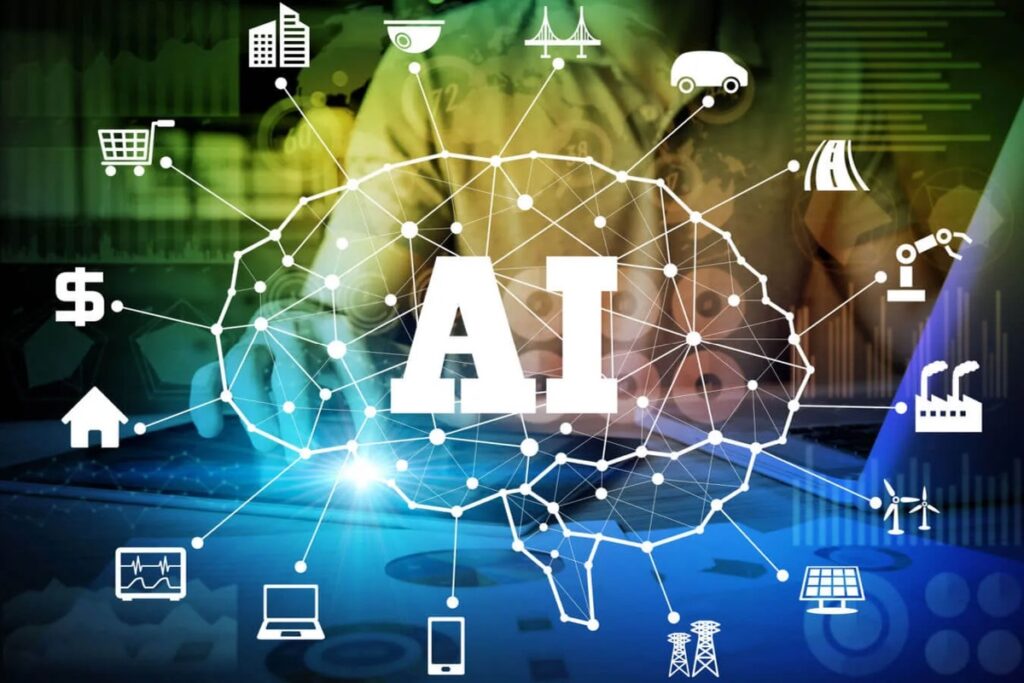The Corporate Project Management System (CPMS) has long served as the digital backbone of enterprise project governance. But as organizations face mounting pressure to deliver faster, smarter, and with fewer resources, traditional systems are no longer enough. The future of CPMS lies in AI and automation.
Once a back-office reporting platform, CPMS is now evolving into a dynamic decision-support engine powered by intelligent algorithms, predictive insights, and automated workflows. For PMOs, CIOs, and enterprise leaders, the implications are profound: AI-enabled CPMS platforms can transform how projects are prioritized, resourced, executed, and evaluated.
The Promise of AI in CPMS
AI in CPMS is not about replacing project managers. It’s about enhancing their decision-making with real-time insights and pattern recognition that humans alone can’t achieve. Key capabilities include:
1. Predictive Analytics
- Risk Forecasting: AI can analyze historical data to predict potential delays, budget overruns, or scope creep before they happen.
- Delivery Confidence Scoring: Projects are automatically scored based on risk, resource strain, and schedule volatility.
2. Intelligent Resource Management
- Smart Allocation: AI suggests optimal resource assignments based on availability, skills, past performance, and workload balance.
- Capacity Planning: Forecasts future bottlenecks and staffing needs using machine learning models.
3. Natural Language Processing (NLP)
- Smart Intake: Automates project request analysis by extracting key details from unstructured text.
- Sentiment Analysis: Scans project updates and team communications to identify morale issues or dissatisfaction signals.
4. Automated Workflows
- Approval Routing: Automatically sends requests to the right approver based on project type, value, or urgency.
- Task Generation: Creates project plans and checklists using templates triggered by project type or risk profile.
5. Decision Support Dashboards
- Real-time, AI-curated dashboards highlight anomalies, suggest corrective actions, and guide executive prioritization.
Automation: Scaling Consistency and Speed
While AI brings intelligence, automation brings consistency and scale. CPMS platforms with strong automation capabilities eliminate manual overhead and reduce cycle time across all stages of project execution.
Automation Use Cases in CPMS:
- Status Reporting: Automated reminders and pre-filled reports based on current data.
- Time Tracking: Passive time logging based on calendar and task activity.
- Compliance Checks: Auto-flagging missing documents or non-compliant entries.
- Onboarding: Automatically provision access, templates, and workflows when a new project launches.
Challenges to AI Adoption in CPMS
Despite the promise, integrating AI into CPMS environments comes with challenges:
- Data Quality: AI is only as good as the data it learns from. Inconsistent or incomplete data undermines insights.
- User Trust: Teams may resist AI-driven suggestions unless transparency and explainability are embedded.
- Integration Complexity: Linking AI features with existing ERP, CRM, and HR systems can be technically demanding.
- Change Management: Teams must adapt to new workflows and trust automation where they once relied on manual oversight.
Getting Started: A Practical Path Forward
Organizations don’t need to leap into full-scale AI deployment overnight. A phased approach can help:
- Baseline Your Data: Clean, normalize, and structure project data to ensure AI-readiness.
- Identify High-Impact Use Cases: Start with functions like risk scoring, resource optimization, or status report automation.
- Pilot Smart Features: Roll out AI modules to a small group, measure impact, and gather feedback.
- Train Teams and Build Trust: Offer workshops, demos, and success stories to show how AI supports rather than replaces human expertise.
- Scale and Integrate: Once value is proven, extend AI capabilities to portfolio management, budgeting, and benefit realization tracking.
Final Thoughts
AI and automation are not future luxuries. They are fast becoming standard expectations in enterprise-grade CPMS solutions. As project portfolios grow more complex and execution windows tighten, the organizations that embrace AI-enabled CPMS will outpace those that rely solely on manual oversight.
By combining machine intelligence with human judgment, today’s CPMS platforms are evolving into smart, proactive systems that help leaders not just manage projects—but guide portfolios with foresight, precision, and speed.




